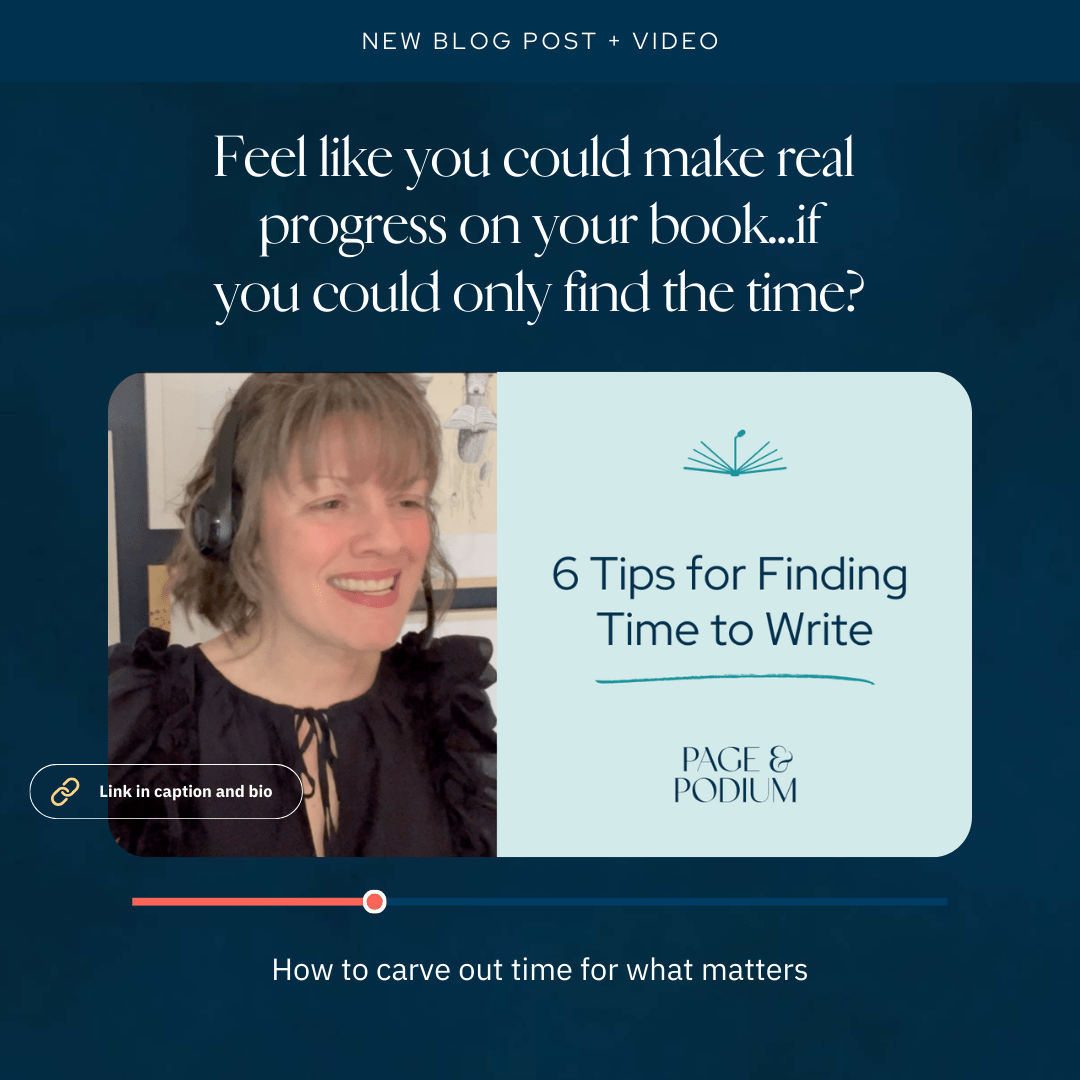People often ask me whether their ghostwriter needs to be an expert in their field. In most cases, my answer is, “no.” A trained, certified ghostwriter can write your book without bringing their own knowledge to the page. In fact, that’s often ideal—if your ghostwriter doesn’t know much about your topic, they can provide a novice perspective to ensure your book’s accessibility among your target readers.

Your ghostwriter doesn’t need to be an expert in your particular content area—in fact, they shouldn’t be.
But they should be able to understand where you’re coming from. That’s particularly true if you’re writing about anything remotely political. And the topics of gender identity, women’s rights, and transphobia are becoming more heated by the day.
Anti-trans bills are sweeping the nation.
Abortion bans are gaining steam with rightwing lawmakers (even though the majority of citizens support at least some access to abortion).
And teachers (and students!) are being banned from any discussion of sexuality, biological sex, or gender in schools.
In this increasingly polarized world, it sometimes seems as though the other side has a completely different set of facts, assumptions, and perceptions. It can feel like we’re living on different planets!
So if you want to write a gender studies book—perhaps a leadership book for women entrepreneurs, a self-help book for modern moms, or a how-to guide to help powerful women run for political office—a ghostwriter who understands the basic assumptions of feminist, women, and gender studies can be your most valuable asset.
But how can you be sure you’re hiring someone whose values align with yours? These three simple questions can help you hire a gender studies ghostwriter with confidence—and plunge right into that amazing book project!

1. What does feminism mean to you?
Hopefully, you’ve got your own definition that you can compare to your potential ghostwriter’s answer. I prefer bell hooks’s definition: feminism is “the struggle to end sexist oppression.” For me, this definition stands out for its inclusivity—a major theme in hooks’s book Feminism is for Everybody.
Whatever your definition, this question is a great litmus test—if your potential ghostwriter shows any sign of cynicism or contempt, run!
“A ghostwriter who understands the basic assumptions of feminist, women, and gender studies can be your most valuable asset.”
2. What do you see as gender studies’s most important contribution?
I’ll be honest—this is a really hard question. So your ghostwriter might not have an answer at the ready! But they should be able to have a conversation with you about how gender advancement has impacted the world.
When I’m asked this question, I usually default to the issue of domestic violence. The term itself was coined through gender studies research, and as a word nerd to my core, I truly appreciate what a massive change came about simply because victims/survivors were able to name what was happening to them.
3. What’s your favorite gender studies book?
Ghostwriters read a lot. We have to. Without reading, we couldn’t give you advice on positioning your book in the contemporary marketplace. And any writer will tell you that reading is the best way to hone your literary craft. So a ghostwriter who engages with gender studies regularly will have at least one answer to this question.

I’ve already mentioned Feminism is for Everybody, but I also love Burnout by Emily and Amelia Nagoski, Eloquent Rage by Brittney Cooper, and My Year of Meats by Ruth Ozeki is great if you love highly researched feminist fiction (bonus, it’s transnational!).
Any time you’re interviewing a ghostwriter, I suggest treating the conversation as a casual chat. You’ll often be talking with your ghostwriter for a long period of time, and, depending on your book, you may be sharing your most intimate experiences. The gender studies conversation is no different. In my experience, when I’m chatting with a gender studies author about their project, we usually click right away. It’s just nice to talk to someone else who gets it. So I wouldn’t take these questions too seriously.
Remember, the most important thing to know about hiring a ghostwriter is that you must trust this person. Without trust, the project simply won’t work. Use these questions as a guide to make sure you’re politically compatible and, otherwise, try to relax and enjoy the conversation. You’ll know right away when you’ve found the ghostwriter who can help you “end sexist oppression” through your book!



